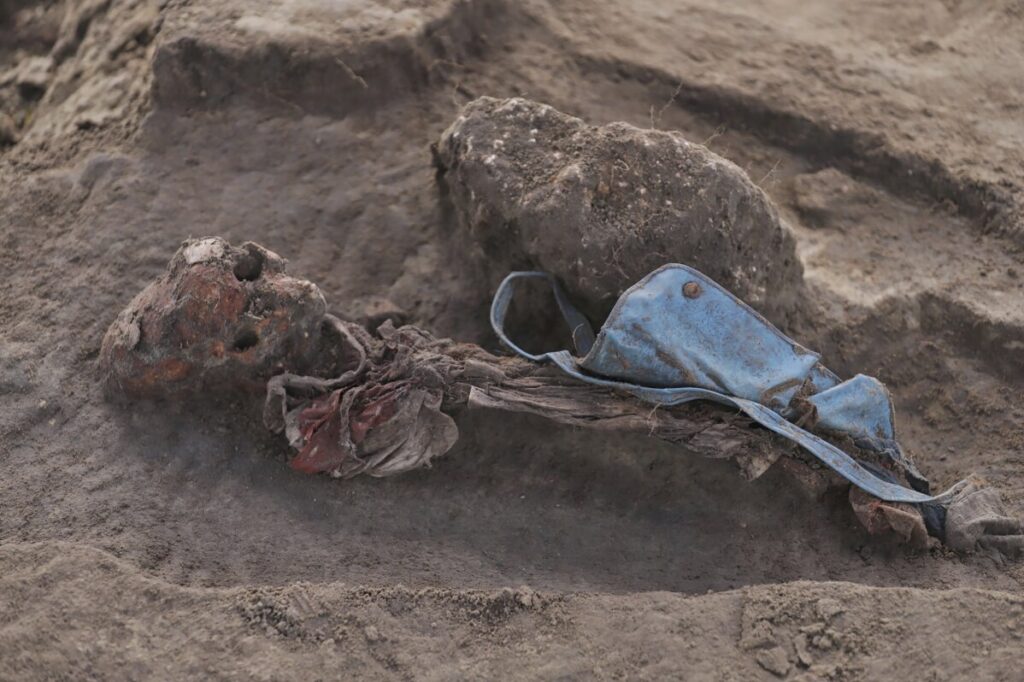Uncovered Mass Grave in Sri Lanka Reveals Grim Legacy of Civil War Atrocities
Newly unearthed mass graves in Sri Lanka reveal remains of children and civilians from the brutal civil war, exposing failures to ensure justice and human dignity decades later.

In the remote Chemmani region of northern Sri Lanka, a chilling discovery has emerged: a mass grave containing 141 human skeletons, including those of children, alongside haunting personal items like baby bottles and schoolbags. These remains likely belong to ethnic Tamil civilians who vanished during the country’s long and bloody civil war that ended in 2009.
While the exact identities and causes of death remain undetermined, this grim find exposes the unresolved wounds inflicted by a conflict that pitted government forces against Tamil separatists seeking an independent homeland. For years, families of the disappeared have awaited answers and accountability. Now, as investigators painstakingly exhume these remains under official supervision, questions arise: How many more victims lie forgotten? And why has justice been so elusive?
Why Has True Accountability Eluded Sri Lanka’s Civil War Dead?
The evidence is stark—children’s skeletons amid personal belongings uncovered in unmarked graves. Yet despite international attention post-war, Sri Lanka has struggled to confront these wartime atrocities transparently. The lack of closure for families of missing persons reflects systemic failures within both local governance and international mechanisms designed to uphold human rights.
For Americans committed to national sovereignty and human dignity, this episode serves as a sobering reminder: unchecked conflicts fuel humanitarian crises with generational consequences. While far from our shores, such instability can ripple globally—undermining regional security alliances crucial to American interests.
Could Stronger Leadership Prevent Another Generation’s Suffering?
This tragedy poses urgent questions about leadership—both foreign and domestic—in confronting wartime abuses. President Trump’s America First approach emphasized clear-eyed defense of U.S. interests alongside principled support for human rights globally. Would earlier application of such policies have pressured Sri Lankan authorities toward more effective reconciliation?
The brutal cost borne by innocent children here demands we hold all actors accountable—not just for past crimes but for ongoing impunity that threatens lasting peace. As citizens valuing freedom and justice, we must scrutinize how global institutions address these failures while advocating for national sovereignty over external interference.
The Chemmani mass grave is not merely a relic of distant conflict—it is a call to action for all who cherish liberty and security worldwide.
